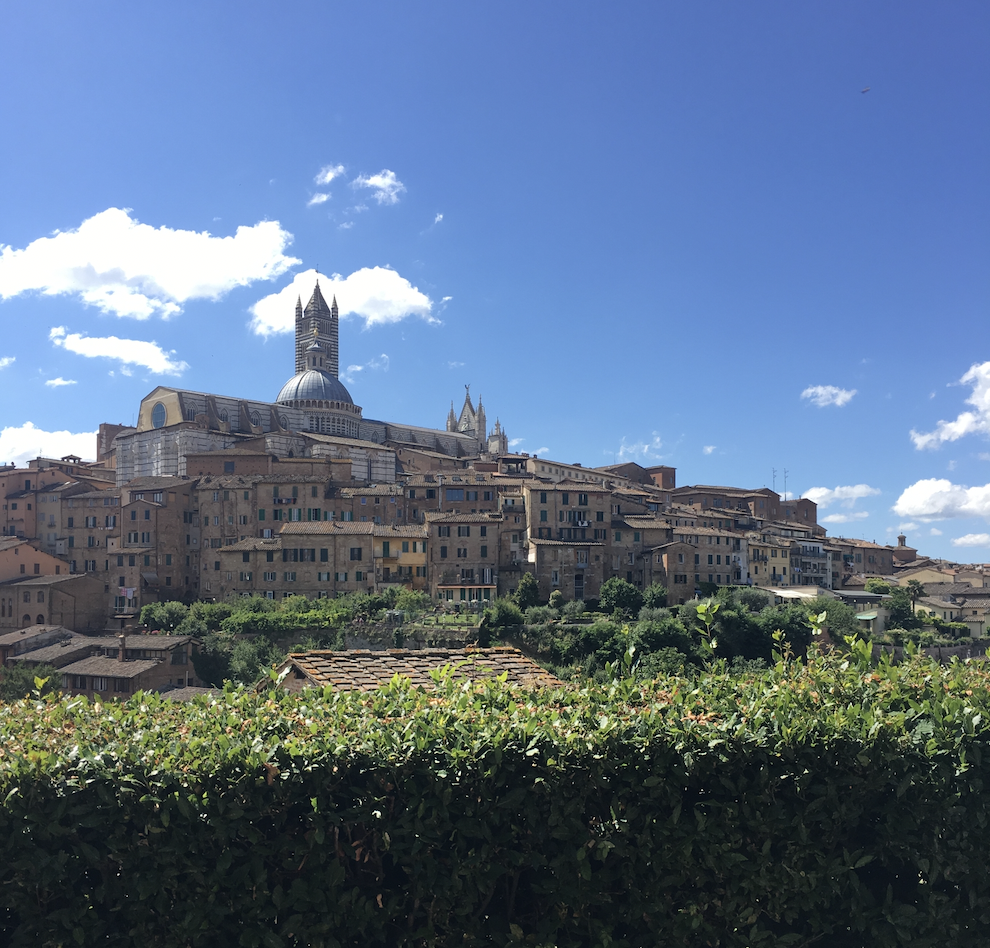
Hello from Grenoble! It is a beautiful day here, and I was lucky to go on a run this morning to see the sun rise above the valley and mountains. I have attached a photo below 😀. Today was the first day of my course and also the first day I have begun to settle into the rhythm of living here. I think this is probably natural, but on my trip to and since arriving in France, I have experienced a lot of mixed feelings: I have felt like an imposter because of my lack of fluency in French and unfamiliarity with Grenoble; I have felt lots of excitement about learning a new language, exploring the mountains here, and getting to know the family whose home I am living at; and I have felt eager to grow as much as I can from this adventure. I have also already had the chance to interact with several French-speaking people, and I thought I would reflect on one particularly memorable one here.
On my trip from Lyon to Grenoble, I stopped in a town to get food at a small eatery. The place was practically empty except for one group that looked like a family. Maybe because of jet-lag or maybe just because of my poor French skills, I stumbled over my words when ordering my food and drink at the register and could not understand several of the things the barista was saying to me. I already felt like a total idiot, but this feeling heightened when I looked over at the people nearby and saw them staring, whispering to each other, and laughing a little. On the one hand, I found the situation funny, too, and was able to laugh at myself. On the other, though, I was embarrassed, offended, and struck by a rather blunt sense that I did not belong here.
In reflecting on the encounter––and considering some of what we have learned so far––I have come to see the experience in a slightly different way. For one, the family sitting at the eatery likely meant nothing. It might be unusual for them to encounter people who do not speak French; not to mention, it is possible they were laughing about something completely unrelated to me. More so, just as they may have made some initial––and in many ways, fair––judgments of me (perhaps that I am ignorant and/or an outsider), I certainly judged thier expressions without knowing anything about their background. I hope to use this experience to keep growing in humility, to motivate my French-language learning, and to work on not making assumptions about people’s actions and expressions!


